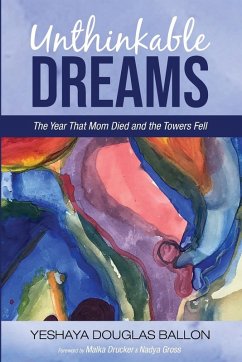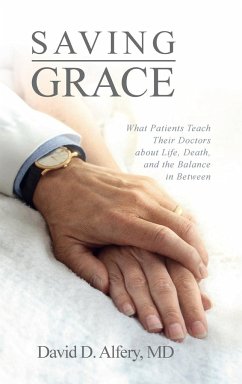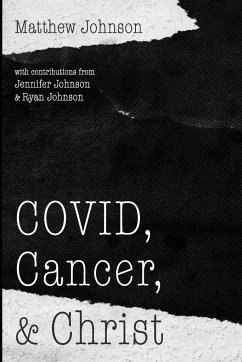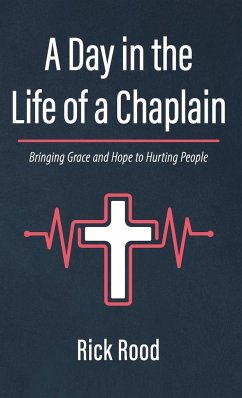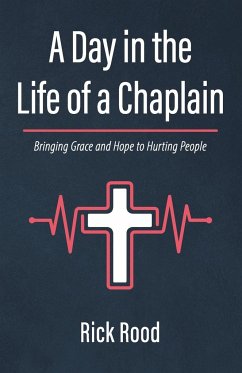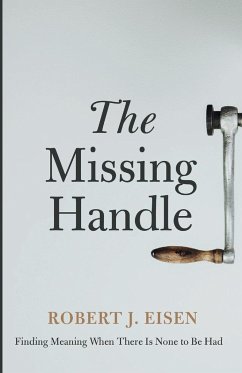
The Missing Handle
Versandkostenfrei!
Versandfertig in 1-2 Wochen
10,99 €
inkl. MwSt.
Weitere Ausgaben:

PAYBACK Punkte
5 °P sammeln!
Ricky died. What do we do now? This book is based on the journal kept by the author in response to the death of his twenty-eight-year-old son. The text offers a diary of the experience as well as how the mourning was processed from a Jewish perspective. It offers questions and counsel for anyone who has (and, who has not?) experienced the death of a loved one. It looks at what happens when life is experienced up close and personal, forcing us to ask questions we always thought belonged to someone else. What is it like when you look in a mirror and wonder how what you have been saying to people...
Ricky died. What do we do now? This book is based on the journal kept by the author in response to the death of his twenty-eight-year-old son. The text offers a diary of the experience as well as how the mourning was processed from a Jewish perspective. It offers questions and counsel for anyone who has (and, who has not?) experienced the death of a loved one. It looks at what happens when life is experienced up close and personal, forcing us to ask questions we always thought belonged to someone else. What is it like when you look in a mirror and wonder how what you have been saying to people for so many years is yours to hear as well? It approaches the process of mourning from a personal perspective, offering reactions and responses which most mourners experience, but rarely embrace (which is necessary for the healing process).




